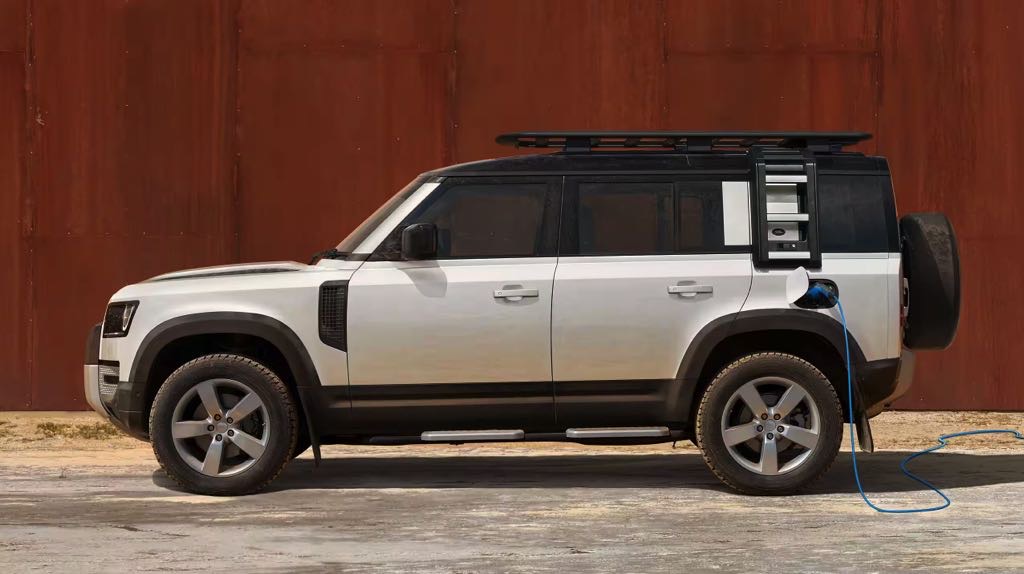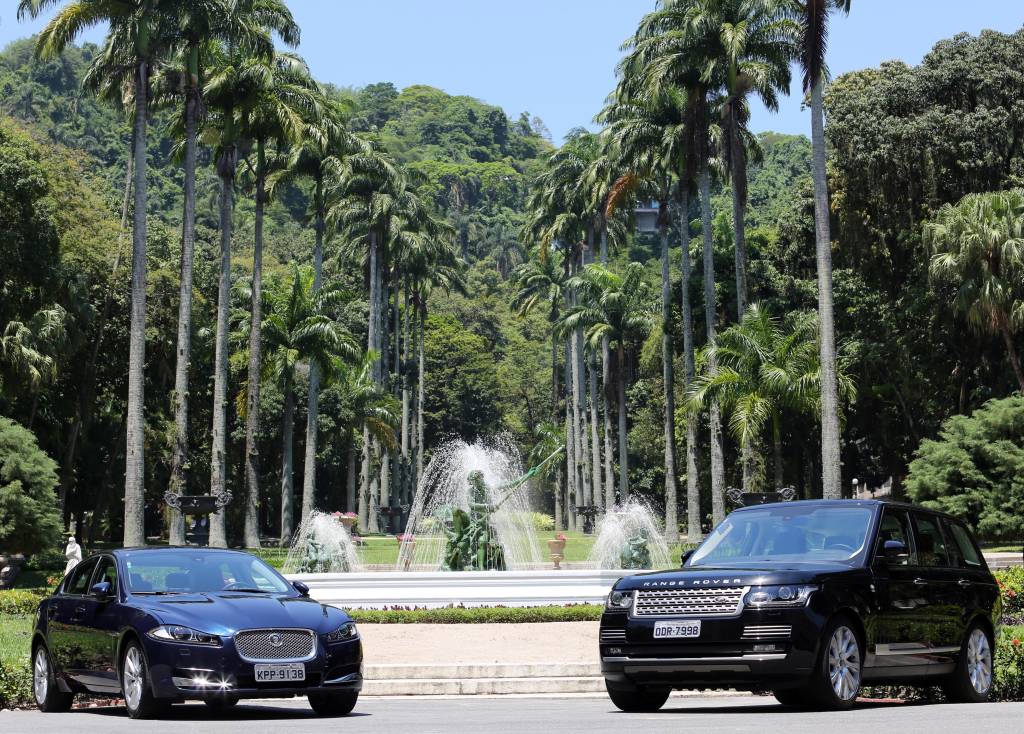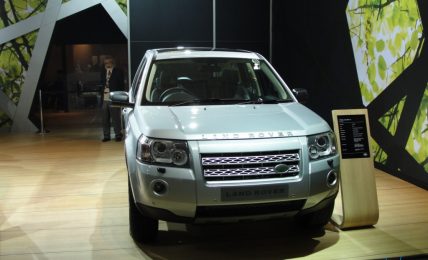
JLR exploring EV manufacturing in Gujarat
Jaguar Land Rover (JLR) is reportedly in advanced discussions regarding the possibility of manufacturing electric vehicles in India. This potential endeavour, which could mark the largest manufacturing facility for JLR outside of the UK, comes amid ongoing negotiations for the India-UK Free Trade Agreement.
JLR is exploring the utilisation of Tata Motors’ Avinya range of cars, built on the Electrified Modular Architecture (EMA) platform. Initially, the Avinya platform was slated to be developed in-house by Tata Motors but was later switched to adopt JLR’s architecture, causing a slight delay in the rollout schedule. The project, if green-lit, is anticipated to involve a substantial investment and could yield at least four models each from Tata Motors and JLR over the next decade.
The proposed investment aligns with Tata Group’s broader strategy in the electric mobility sector, with significant backing for cell manufacturing through Agratas, a Tata-owned company. This strategic move positions Tata Agratas to potentially supply battery packs to JLR, should the India-based EV manufacturing plans materialise.
PB Balaji, Group CFO of Tata Motors, highlighted the strategic significance of adopting JLR’s EMA platform, emphasising its compatibility with the premium positioning of the Avinya range. Balaji underscored the potential for the Avinya architecture to spawn a family of electric vehicles, signalling Tata Motors’ ambitions for global market penetration in the EV segment.
The EMA platform, engineered around the battery, promises advanced features including Software Over The Air (SOTA), Level 2+ autonomy and ultrafast charging technologies. Initial production of EMA-based vehicles is slated to commence in late 2024 at JLR’s Halewood plant in the UK, with plans for localisation in India by Tata Motors to enhance cost competitiveness while maintaining premium quality standards.
The collaboration between Tata Motors and JLR represents a significant step forward in their partnership, following the successful development of SUVs based on the Jaguar Land Rover Freelander’s D8 platform. As negotiations for the India-UK Free Trade Agreement progress, the outcome of these discussions holds implications for both countries’ automotive industries and underscores the growing importance of electric mobility in shaping future trade dynamics.
While the project holds promise for advancing India’s position in the global EV market and fostering economic growth, stakeholders await further clarity on the finalisation of the India-UK Free Trade Agreement and the green light for this ambitious venture.



